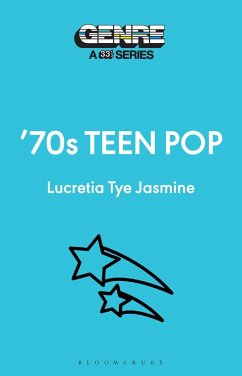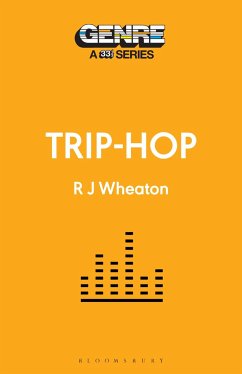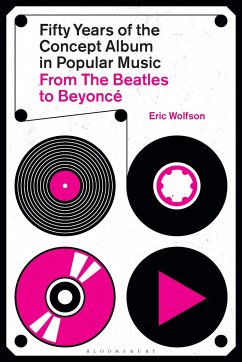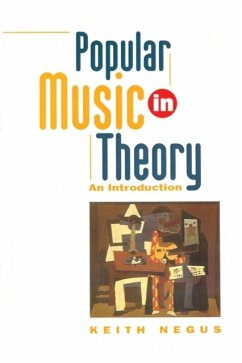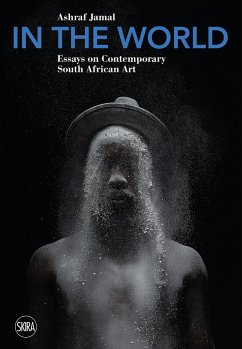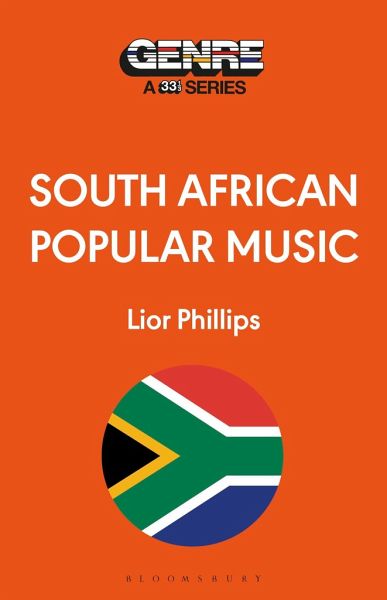
South African Popular Music
Versandkostenfrei!
Versandfertig in 2-4 Wochen
25,99 €
inkl. MwSt.
Weitere Ausgaben:

PAYBACK Punkte
13 °P sammeln!
From the storied ache of mbube harmonies of the '40s to the electronic boom of kwaito and the amapiano and house explosion of the '00s, this book explores vignettes taken from across South Africa's popular music history. There are moments in time where music can be a mighty weapon in the fight for freedom. Disguised in a danceable hook or shouted for the world to hear, artists have used songs to deliver important truths and bring listeners together in the face of a segregated reality. In the grip of the brutal apartheid era, South Africa crafted its own idiosyncratic popular musical vernacular...
From the storied ache of mbube harmonies of the '40s to the electronic boom of kwaito and the amapiano and house explosion of the '00s, this book explores vignettes taken from across South Africa's popular music history. There are moments in time where music can be a mighty weapon in the fight for freedom. Disguised in a danceable hook or shouted for the world to hear, artists have used songs to deliver important truths and bring listeners together in the face of a segregated reality. In the grip of the brutal apartheid era, South Africa crafted its own idiosyncratic popular musical vernacular that operated both as sociopolitical tool and realm of escape. In a country with 11 official languages, music had the power to unite South Africans in protest. Artists bloomed a new idyll from the branches of countless storied musical traditions, and in turn found themselves banned or exiled-the profound epiphany that music can exist both within the pleasure of itself and for serving a far greater purpose.




